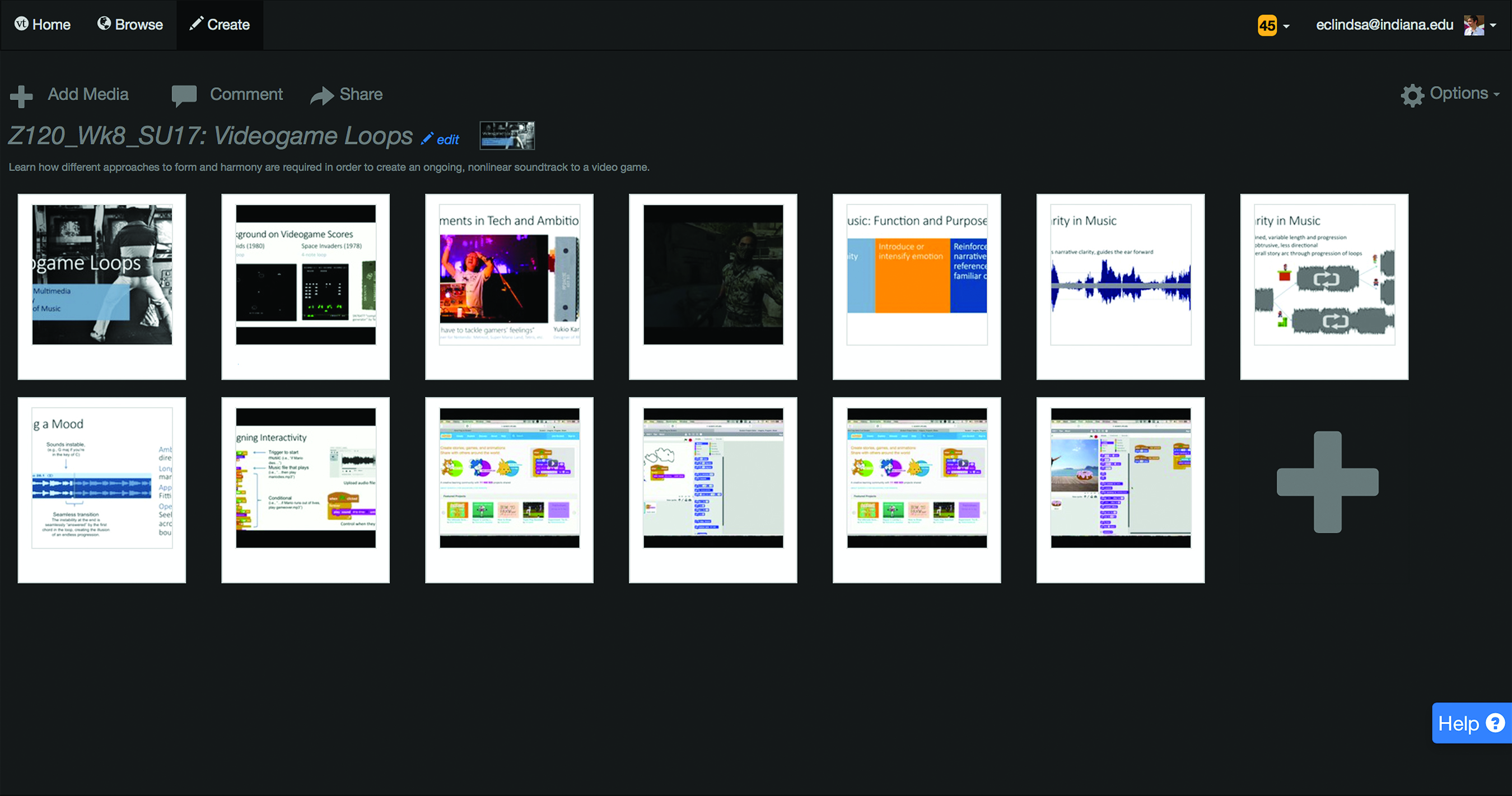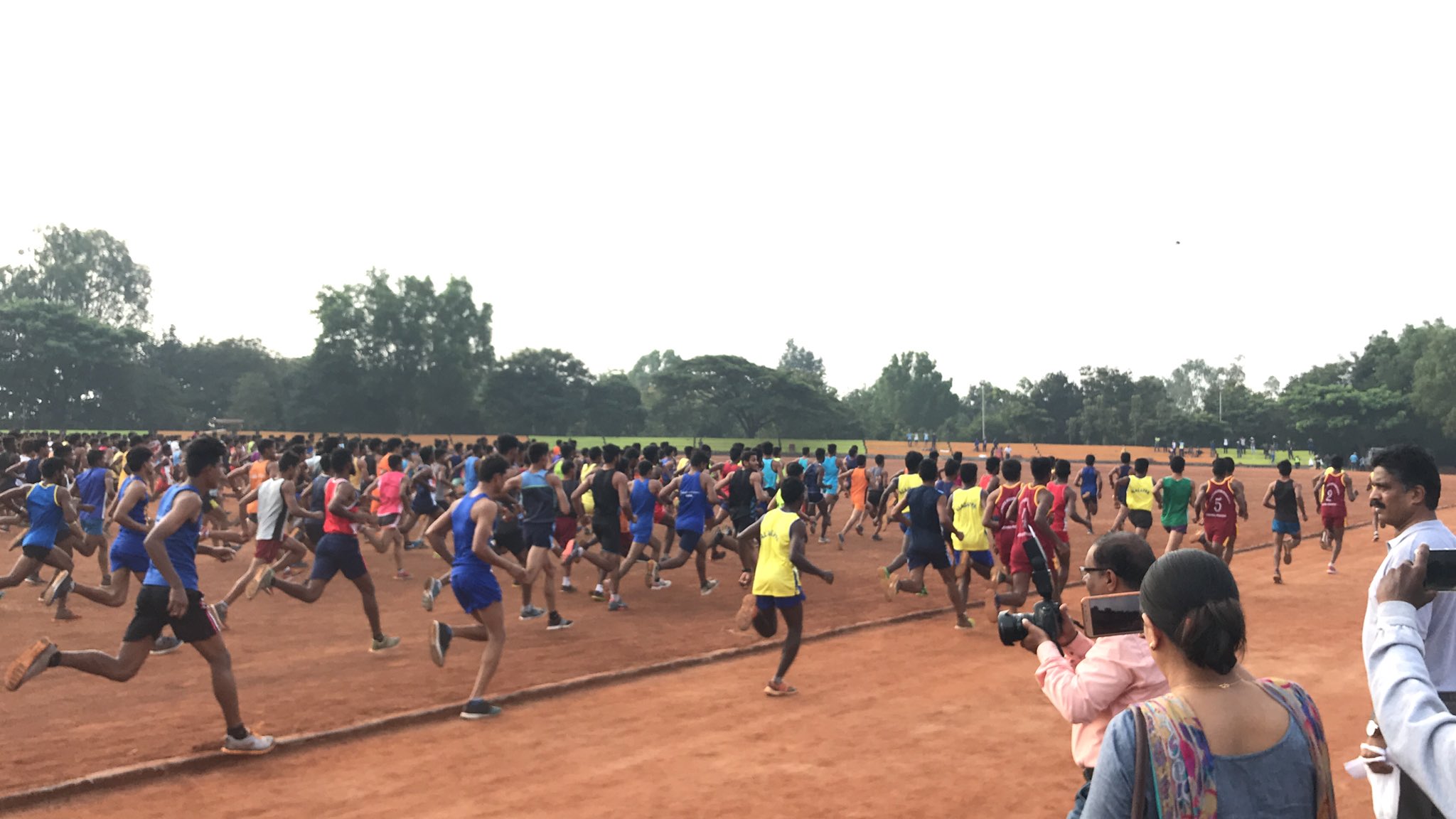Wow, just writing this title excites me. Partly since I have such a passion for bringing together practitioners and patients for better health outcomes. But mostly because when we add a powerful mission that inspires real action that is based around population health cbdbossus, I believe we can make some real progress in creating healthier and happier lives. To me, that’s exciting because what it takes is us working together to implement a system that engages patients to become participants in their health. And this, my dear heart-centered friends, is where you as a holistic and wellness practitioner enter the traditional health care scene with your subset of skills and heart-centered characteristics that can lead health care teams toward new clinical benchmarks never before experienced in a clinical setting. Yes, that’s a bold statement but one that I am convinced is not just possible but necessary.
So how does one undertake such a task? How can integrative practitioners not only be viewed as a viable part of the health care team but as a real contributor to the patients’ health outcome?
I see population-based health care as a type of stone soup. If you remember the original folktale, villagers are tricked out of their greed and fear and into sharing and enjoying life with their neighbors. All thanks to a soup that didn’t even exist… until everyone, unsuspecting even to themselves, contribute their one and only ingredient; that alone wouldn’t amount to much. If each of us is truly interested in spreading our mission in which we all share the same outcome goals of healthier and happier people, then we must be willing to participate as a team. We must be willing to see, not only how our own “ingredient” brings value but how each member of the team brings value to the ultimate outcome of restored health and happiness. We must move past the “we against them” mentality that has plagued our health care system. We can no longer afford to see the split between social determinants of health and the physical manifestations of disease. The lifestyle medicine movement is already verifying the need to include what many holistic practitioners have known for decades, that individuals are not separate from their thoughts, feelings, beliefs, and habits which have a direct impact on health outcomes. We are not so different and clinicians are more open than ever to understanding all determinants of health.
There are several things that we must take into consideration first before we take on such a task and one of the biggest challenges I see from holistic and wellness practitioners is the willingness to speak and understand the same language as our clinical colleagues. It would be like moving to a foreign country without knowing the language. This most often happens because in our passion and excitement for giving witness to our mission, we tend to hyper focus on the techniques of our modalities rather than on the intended health outcome. Can you imagine a surgeon giving the details and methods of using a scalpel to cut into our flesh? Ugh, who wants to hear that but another colleague? All I want to know is if I’ll get better and how! Not the details of the technique. Focus on the health outcome that your modality offers which in turn is your mission!




